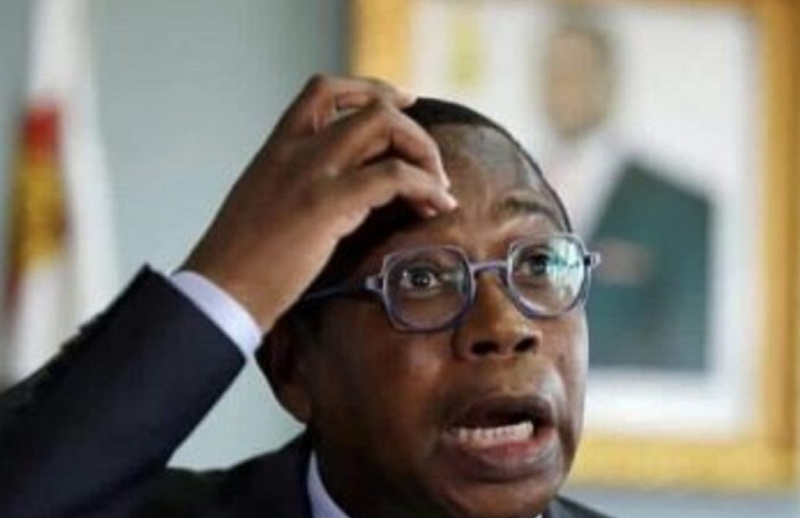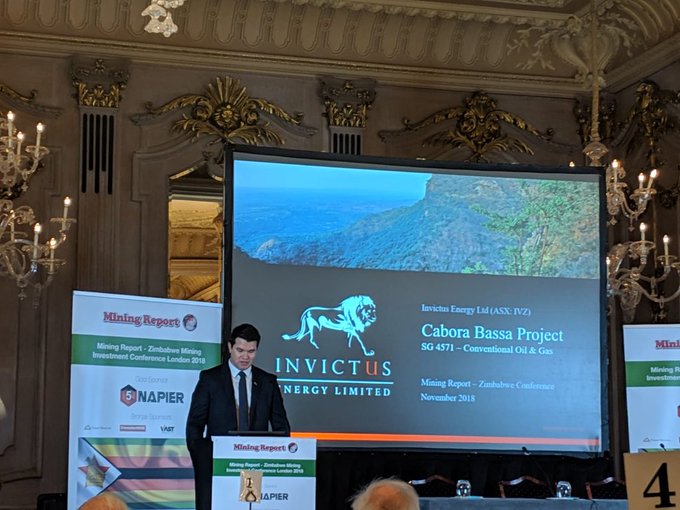Tokenising Gold: A Fintech Solution for Zimbabwe’s Monetary Challenges
In a bid to combat hyperinflation and currency instability, Zimbabwe introduced the Zimbabwe Gold currency (ZiG), a new structured currency, earlier this year. The Reserve Bank of Zimbabwe (RBZ) touted the ZiG as having the backing of gold and a basket of currencies. However, since its inception, the ZiG has faced significant challenges, with its value plummeting against the US dollar-it has so far not been the panacea to the currency crisis. In the latest rout, the central bank devalued ZiG by over 40% overnight, leading to chaos in the economy. This opinion piece explores the possible reasons behind the ZiG’s failure and potential solutions.
Starting by addressing the elephant in the room, the devaluation of ZiG is symptomatic of a lack of fiscal discipline on the part of the government and shows that there is little commitment to prudent financial management and careful control of government spending. This comes after visible government spending on huge infrastructure projects such as construction of roads on the run up to the SADC meeting in Zimbabwe and also spending on luxuries such as buying cars for chiefs. It is yet another chapter of the tumultuous relationship which Zimbabwe has had with fiat currencies.
While the introduction of physical gold coins (Musi-o-Tunya gold coins) remains a commendable initiative by the RBZ, the success of this endeavour has been hindered by the central bank’s continued monopoly over the gold market. The gold coins have consistently maintained their peg to international gold prices and have even appreciated against the USD. The simple reason for this is that unlike ZiG, the Musi-o-Tunya coins do not require trust to maintain the peg, they are made of gold. However, the central bank’s exclusive control over gold buying and the focus towards exporting the precious metal has limited the potential benefits of this innovation. Prior to the introduction of gold coins, Zimbabweans were unable to legally own gold, despite the country’s significant gold resources.
The Central Bank’s exclusive control over the gold market is unsustainable primarily due to the limited foreign currency reserves available to purchase gold from domestic miners at market rates. Whilst the government’s 5% royalty rate helps in accumulating gold reserves, this occurs at a much slower rate and could take decades to have enough reserves to back a national currency. Unless the central bank has a significant amount of USD to buy gold and mint more gold coins instead of flogging the gold on international markets, there is no quick fix to achieving significant enough distribution to impact the market in a meaningful way.
One possible solution which is capable of addressing this issue is to go for a revolution and revise the royalties rates up from the current 5%, however, this space which was historically structured to benefit the administration during colonial rule has now been occupied by politically connected people who are greedy and have a huge stake in the gold market. These players would prefer to maintain the status quo as it benefits them. This means for now the country is stuck with an evolution of the market at a much slower pace as opposed to a revolution. In that regard, it is noteworthy to look at alternatives which do not “rock the boat” and cause all players to draw out their swords ready to go to battle.
It is evident that there are significant benefits of liberalising the gold markets in Zimbabwe by allowing the private sector to come in as a stakeholder/investor. The private sector has capital to inject in developing the gold markets and bringing them onto a more modern footing. It is counter-intuitive that despite the country having vast gold minerals, the local bourse, ZSE, doesn’t even have tradable instruments such as gold ETFs like in other modern markets. This has meant that while gold has been on a significant rise in value for the past two years, none of this value has had as much impact in the economy as there are no significant reserves in the central bank’s vault. This is the direct outcome of the central bank having a stranglehold over this market, which has had the practical effect of stifling innovation.
If the private sector is allowed to deliver innovative solutions such as the tokenisation of gold and gold coins, this would enable the central bank to take a step back and occupy a regulatory role in the market. Tokenisation is the process of converting a physical asset or a piece of data into a digital representation, or “token.” This digital token can then be stored, transferred, or traded on a blockchain network (distributed ledger). Tokenisation can take away the need to circulate the coveted USD in the market and circulate gold tokens as an exchange of value instead. After all, gold barter has been the foundation for trade for centuries in Africa, even during pre-colonial times.
However, before this can happen, the central bank would have to create a regulatory framework that sets out rules for participants in this market. This could put in place rules around things such as custody of the gold, redemption, and basic terms of use to protect consumers. That means even if the Central Bank doesn’t want to give up its exclusive rights to buy gold from the market, it doesn’t need to wait to sell only on international markets to realise USD. Fintechs could absorb some of the gold supply for tokenisation and distribution in the market for the greater good. This is the quicker way in which technology can be used to scale gold markets, increase circulating supply and also tapping into the properties of gold as a sound store of value at a national level. This could also increase transparency in this space where a lot of aspersions have since been cast against the central bank-maybe rightfully so given its track record on currencies.
The participation of private sector in the issuance, and distribution of gold coins and derivatives is likely to lead to increased liquidity and accessibility. Tokenisation can make gold coins more accessible to a wider range of holders and users, including those with smaller amounts of capital. By breaking down gold coins into smaller, tradable units, fintechs can increase the liquidity of the coins, making them more attractive to investors.
RBZ has come up with many currency reforms in the past that have so far failed to yield results. The effect of this is that the public has completely lost trust in the central bank, and currencies run on trust. The private sector’s involvement in the tokenisation of gold could reduce the central bank’s monopoly on gold coin issuance and distribution, which is likely to increase public trust in this instrument. This move will enable Fintechs in the market to innovate and develop new business models for generating revenue from tokenisation fees and transaction fees, which could bring competition to the market and lead to better outcomes for consumers. The rise of mobile money, especially through innovative solutions such as Innbucks has shown that banks have been too complacent and more reliant on bank charges for their survival, which has not delivered good outcomes for users of banking services. It is time for Zimbabwe to create the right conditions for Fintechs to emerge and thrive, thereby expanding the reach of the fintech industry whilst also creating new jobs and opportunities for Zimbabweans. It could lead to the creation of new financial products such as exchange traded funds backed by gold and other products based on a gold economy.
Before wrapping up, it is important to drive a fundamental point home on why it is not prudent to export gold. The US has witnessed the highest inflation rates in recent times. This is a real problem for economies reliant on the use of USD and the export of commodities like gold, as that means giving up something that has been consistently going up in value for greenbucks which have been losing buying power. The gold resources, which were meant to be our biggest advantage due to their natural existence within our borders, should benefit the local economy-they are not there to be pawned in exchange for printed paper. Exporting gold for foreign currency can be a short-term solution, but may not be sustainable in the long run, especially if the foreign currency itself is subject to inflation or devaluation. By leveraging its gold resources domestically, Zimbabwe can potentially achieve greater economic stability and reduce its reliance on foreign currencies.
In conclusion, the Musi-o-Tunya gold coins offer a tangible solution to Zimbabwe’s economic challenges. By maintaining their peg to international gold prices and providing a stable store of value, they can boost investor confidence, stimulate economic growth, and reduce the country’s reliance on foreign currencies. To fully realise their potential, the central bank should prioritise this initiative and consider opening up tokenisation to the private sector under a well-regulated framework. While this may involve challenges and risks, the potential benefits outweigh the drawbacks. By combining the stability of gold with the innovation of fintech, Zimbabwe can pave the way for a more prosperous and resilient economy.
Prosper Mwedzi is a financial services and technology lawyer.-finx









